Graham Reid | | 2 min read
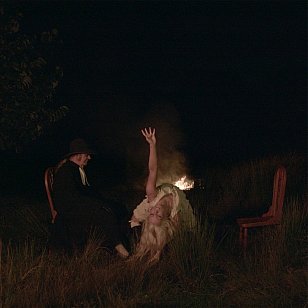
The late art critic Robert Hughes once said in a radio interview, with glib accuracy, that post-modernism simply meant one image is worth as much as any other.
La Gioconda occupying the same frame and emotional space as Gyro Gearloose, the horse's head in Guernica of the same value as the one in The Godfather.
In popular music the genres are mostly so circumscribed (country, rock, EMD) that – unless through the self-conscious irony of quoting or covering – it has been left over to the casual irreverence of hip-hop to effect a kind of post-modernism.
For example, Fur Elise underpinned by beats and the rap resolving into a children's chorus (Nas' affirmative I Can); the collage of diverse and otherwise disparate samples which gelled into the genius of Beastie Boys' Paul Boutique; Danger Mouse constructing The Grey Album out of Jay-Z's Black Album and the Beatles' White Album . . .
Then came the mash-ups.
Pop artists who break from genre constraints or collage various elements across an album with artistic disregard for their origins or cultural resonances are often considered avant-garde. In truth, whatever they are in avant of very rarely arrives.
And if it does, it isn't quite what the artists and critics anticipated.
The Rituals on the Bank of a Familiar River album by Auckland's Kiki Rockwell is, in the jargon of music criticism, transgressive and even disruptive in its intelligent bricolage of musical ideas from Greek and Middle Eastern folk and declamatory metal (and that's just on one piece Burn Your Village).
Harbinger is a chanted celebration and assertion of feminine power.
Elsewhere she brings a minimalist pulse to Cup Runneth Over with ethereal vocals touching on the mystical and mythic (the video features knights and a queen), hefty beats, glitching electronica and Anglo-folk. It's a kind of other-world music.
Rockwell slips from Indian microtones to Nordic folk (the World of Wearable Art or the soundtrack to Vikings beckon, see the clip for Rains of Castamere for the latter), from brooding but angular pop to art music (both on Madeline which comes with a remarkable video).
Born in San Francisco, childhood in Germany, formerly in the Leers, Rockwell is attracted to the socio-political aspects of witchcraft (see the clip for Same Old Energy, a prequel to Burn Your Village) and fairytales, folk tales and feminism.
If we've referenced the visualisations of her songs here it's because they're all part of the same art project establishing her persona, but also quite something in themselves.
Rockwell assimilates influences and collages them in what an amused and cynical Hughes might even describe as post-modern.
She's not avant (in fact in her themes she's going the other way) and while not attached to genre constraints, she welds all her concerns and influences into something dramatic – sometimes melodramatic – to create her own universe.
It's a very interesting place, even if most of it -- as with fairytales -- is dark and foreboding.
.
You can hear this album at Spotify here
.
.
.
.
.
.

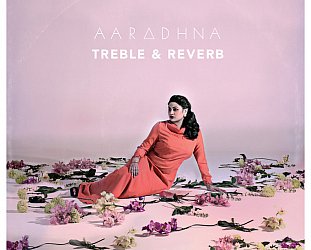
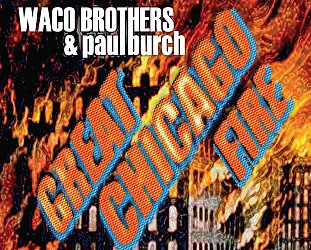
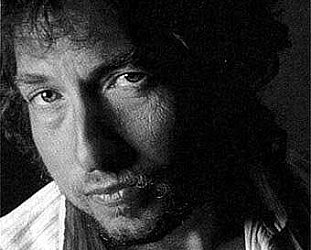
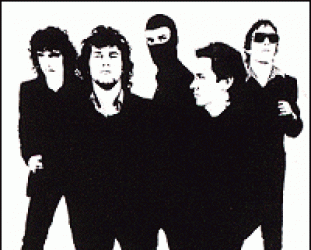
post a comment